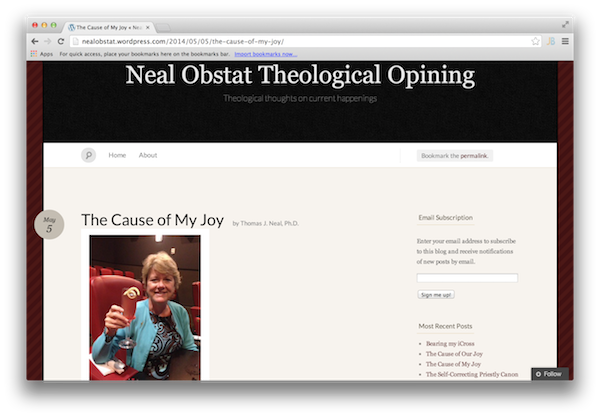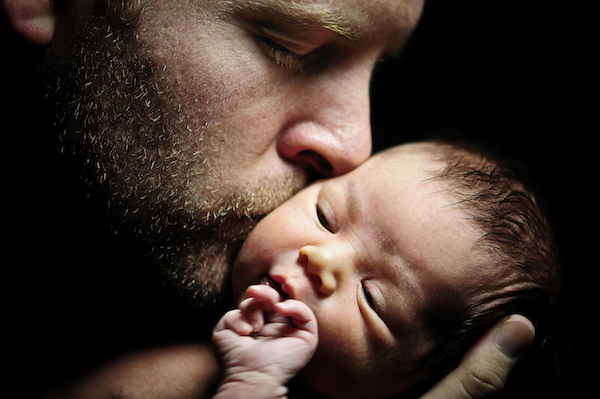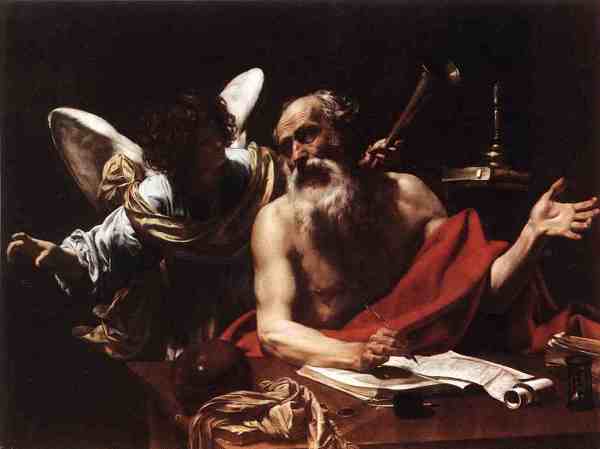What does it take to be a mother of a Saint?
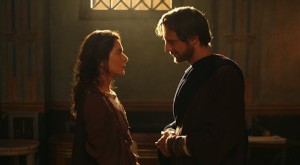 Today is Mother’s Day in America, so I’d like to say a few words about one of my favourite mothers in history. St. Monica was the mother of St. Augustine, the great Father of the Early Church. She was born in Tagaste, North Africa, to a Christian family. When she reached a marriageable age, she was given in marriage to Patricius, a pagan of infidelity and foul temper. Monica endured a lot during their marriage, but through her patience and kindness, Patricius underwent conversion and was baptized a year before his death.
Today is Mother’s Day in America, so I’d like to say a few words about one of my favourite mothers in history. St. Monica was the mother of St. Augustine, the great Father of the Early Church. She was born in Tagaste, North Africa, to a Christian family. When she reached a marriageable age, she was given in marriage to Patricius, a pagan of infidelity and foul temper. Monica endured a lot during their marriage, but through her patience and kindness, Patricius underwent conversion and was baptized a year before his death.
Monica and Patricius had three children, a son called Navigius, a daughter called Perpetua, and another son, Augustine. Navigius appears to have been a faithful son, Perpetua later entered the religious life, but Augustine? Well, his path in life was something of a bumpy ride…
While away at school in Carthage, Augustine had what we might call today “The True College Experience”. He partied a lot, took a mistress and became a follower of the Manichees (not to be confused with manatees!), a belief system which bore the marks of what we would recognize today as something akin to New Age. Having excelled in his education, Augustine went in search of fame and fortune.
The future Saint was not exactly the greatest son to his mother. For example, when he discovered that Monica was intending to accompany him to Rome, he snuck away on an earlier ship, abandoning her at the port! During all these tumultuous years Monica prayed, fasted and wept for her son. When she sought help from a local bishop, she was told “God’s time will come…it is not possible that the son of so many tears should perish”.
The rest of Augustine’s story is well worth recounting, but I do not have room here today. To cut a long story short, he eventually embraced the Catholic Faith and became a priest and bishop. While they were together in Ostia, Monica said these words to her son:
“Son, …now that my hopes in this world are satisfied, I do not know what more I want here… There was indeed one thing for which I wished to tarry a little in this life, and that was that I might see you a Catholic Christian before I died. My God has answered this more than abundantly…” – The Confessions, Book IX, Chapter IX
Five days later Monica fell ill and it was clear that she was dying. Augustine’s brother, Navigius, said he didn’t wish her to die abroad, particularly since earlier in her life, Monica had spoken of her great desire to be laid to rest with her husband. However, now on the threshold of death, she responded:
“Lay this body anywhere, and do not let the care of it be a trouble to you at all. Only this I ask: that you will remember me at the Lord’s altar, wherever you are” – The Confessions, Book IX, Chapter XI
Monica died a few days later. I would like to close this post with Augustine’s own words as he grieved for the mother:
I closed her eyes; and there flowed in a great sadness on my heart… I was full of joy because of her testimony in her last illness, when she praised my dutiful attention and called me kind, and recalled with great affection of love that she had never heard any harsh or reproachful sound from my mouth against her. But yet, O my God who made us, how can that honour I paid her be compared with her service to me? – Book IX, Chapter XII
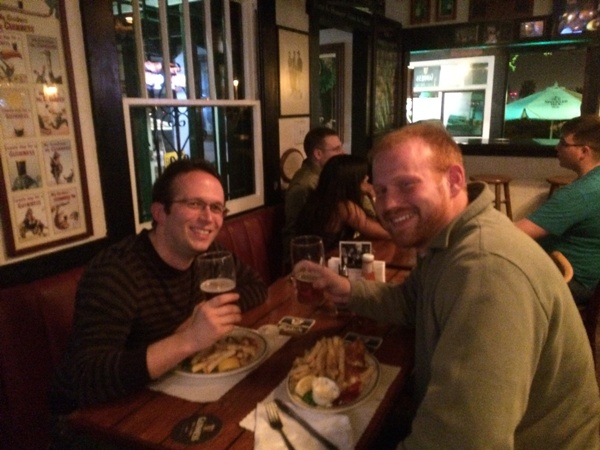
 I’ve you’ve been following this blog for any length of time, you’ll know that I’m a huge fan of the
I’ve you’ve been following this blog for any length of time, you’ll know that I’m a huge fan of the 
